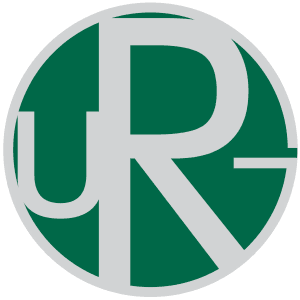Life-changing Ways To Be Involved In Clean Water Projects
In This Article:
The Global Water Crisis
Lack of Access to Clean Water
Importance of Sanitation
Types of Water Projects
How Can I be Involved?
Find the Right Charitable Organization
How Much Does Clean Water Cost?
How Long Do Projects Take?
How Do I Know Where My Money Actually Goes?
How Can I Get Involved With uReach?
Who Are We?
You can help end the global water crisis and restore hope to a community. Together we can provide access to clean drinking water. Whether that is through a well, water distribution or water delivery. Be a part of the solution, read on for ways to help!
The Global Water Crisis
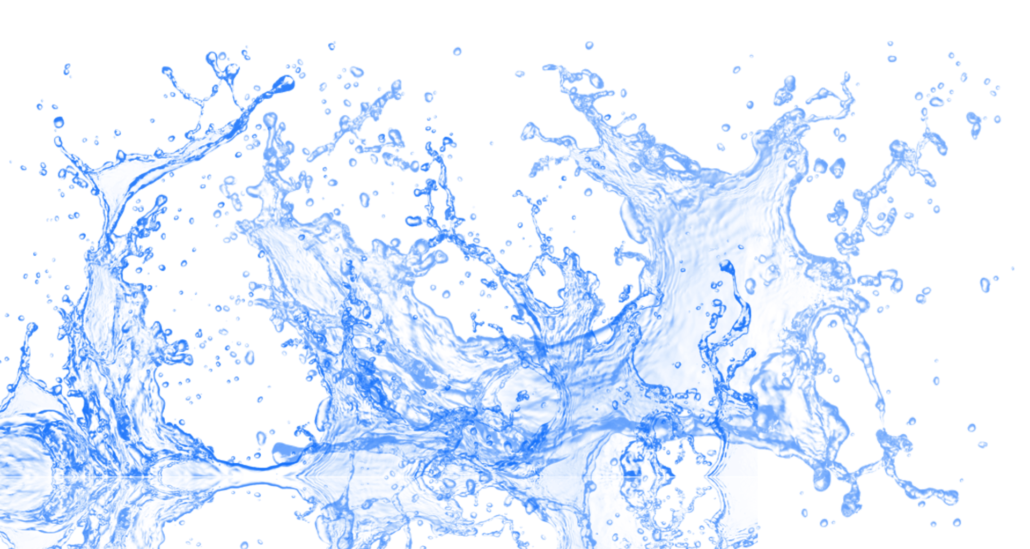
29% of the world has no access to clean drinking water.
Included in this percentage are people in the 3 countries of Baja, Mexico, Nicaragua, Central America, and Zambia, Africa.
The crisis is a lack of clean water, the lack of access to a water supply.
Did you know that water and poverty are linked?
When you improve access to clean safe water, you can lift someone out of poverty.
Health, education, and poverty are intertwined. You solve the water crisis, and you can help solve the other crisis.
“Water and Sanitation is one of the primary drivers of public health. I often refer to it as “Health 101”, which means that once we can secure access to clean water and to adequate sanitation facilities for all people, irrespective of the difference in their living conditions, a huge battle against all kinds of diseases will be won.”
Dr. LEE Jong-Wook, Director-General, World Health Organization.
The leading cause of death for children under 5 in developing countries is diarrhoeal disease.
Worldwide 98 million people die every year from this disease.
This is caused by consuming foods or water contaminated by a virus.
In July of 2010, the United Nations declared clean water as a human right.
The UN works with nations heads of states to lay out a framework of how they can better manage and make water accessible for all.
It puts new pressures on governments to look at the ways they deal with infrastructure and land among other things.
But it can’t just be them.
If we all do our part, we can help end this crisis and restore hope to families.
This is where people like you, yes you the person reading this, comes in.
It takes as little as $50 a month to give a family access to water.
This is one step in ending the global water crisis.
Lack of Access to Clean Water
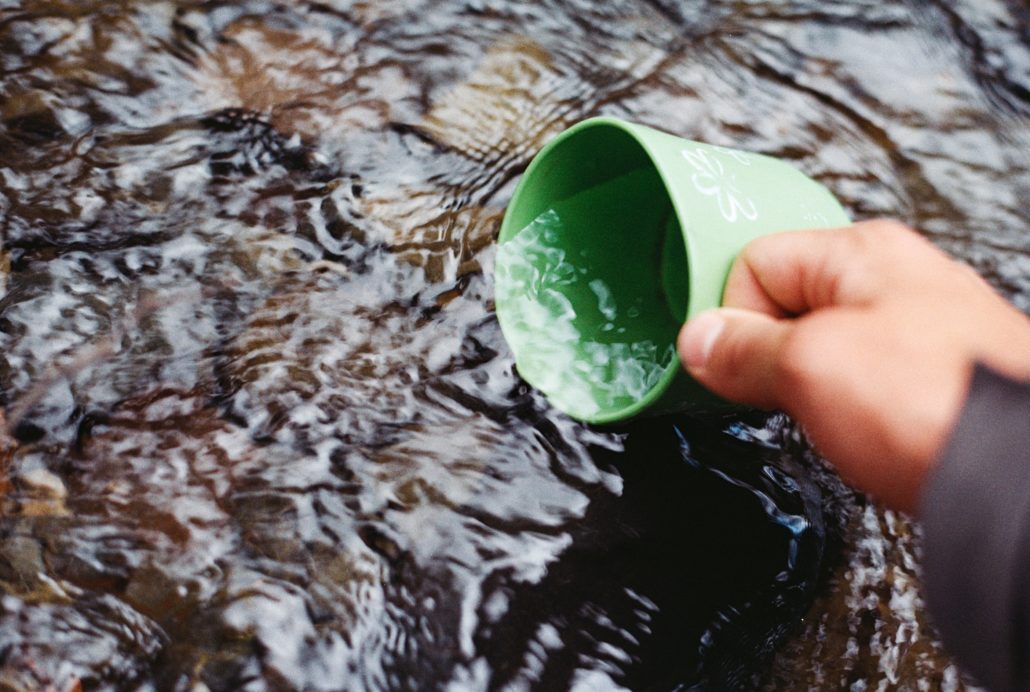
In most of Nicaragua, clean water is a scarce natural resource.
For struggling Nicaraguan families, it is an expensive process to purify water from rivers and streams. An expense they cannot afford.
In rural Baja Mexico, there is clean water available. However not everyone can afford a water tank and the continual refilling.
They cannot transport drinking water to their house because of the heaviness of water jugs and the miles they have to walk.
Even when people have access to water, they cannot drink it because it is not purified and makes them sick.
In rural areas farms are a big impact. They have access to water for their crops.
When it rains it pours, as the old saying goes. It’s true for Baja.
During the rainy season, the dry riverbed flows for weeks.
If the local community could be taught how to capture rainwater and purify it. It would be beneficial to their livelihoods.
In Zambia, Africa there are 6 million people who lack access to basic water services.
Only 19% of the rural population have access to sanitation.
Women and girls are generally the ones who are getting water for their families.
They often spend most of their day doing so.
Providing a well within a community would allow young girls to continue to receive an education as they often have to drop out as they are unable to attend and get water for the family.
Farmers are often dependent on the rain to water their crops.
By implementing irrigation systems, it will allow crops to grow in the non-rainy seasons and provides food to families.
This is where uReach comes in.
We plan to drill a well, and then transport the water to a local church, which will then be distributed to the community.
We seek to make potable water easily accessible to these families and communities.
This is key to generating life and a thriving community of men, women and children.
Importance of Sanitation
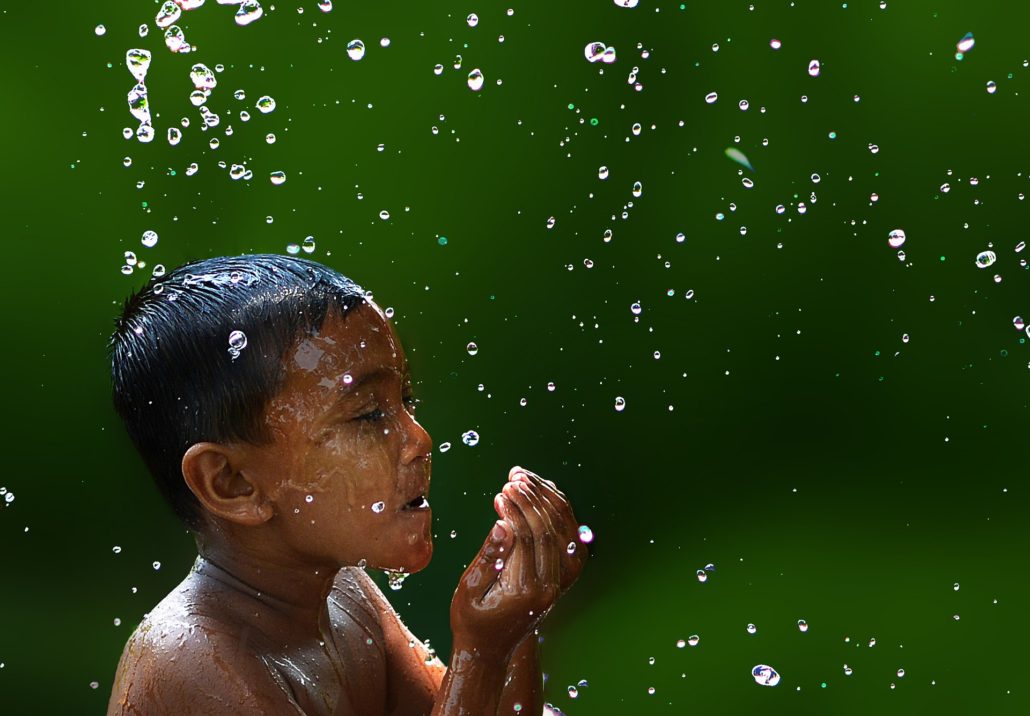
Hygiene and sanitation go along with the importance of drinking water
There are 3 billion people around the world who do not have access to a handwashing facility in their home.
They do not have access to soap and water or alcohol-based hand products; even hospitals lack these.
With soap and water being the best fight against germs, not having access to this means people often get sick.
Safe sanitation refers to the safe disposal of human urine and feces.
Having a safe facility ensures urine and feces does not pollute local water supplies or create harmful chemicals that get transported through the air.
Types of water projects
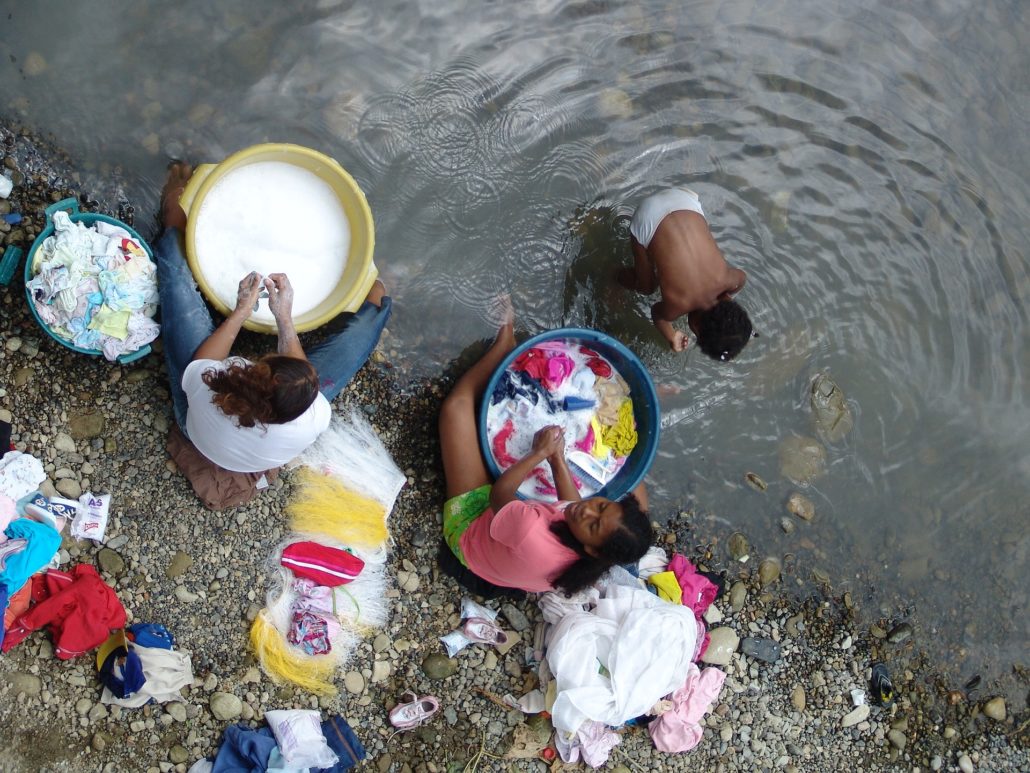
There are three types of water projects, there is digging a community well, distributing water in a community, and delivering water throughout a community.
Below all three types are explained.
Well project: this is when dig a well for a community. They are able to come and get clean safe drinking water, without having to walk miles away to find muddy water.
Water distribution– this is when we install a solar pump with a holding tank with a well. The water is pumped up into the tank and is then able to be distributed through community. This becomes the community water supply. this is setup with a local business, and people in the community come and receive water.
Water delivery– similar to the distribution process is the delivery. Just like above in this case we also have a holding tank for water, and then we have community water delivery, where we deliver clean water to homes in the community.
These are ways to maximize well projects, as it allows more people access to water.
uReach plans to start our first well project in Baja in the Summer of 2021.
Just as we plan to start wells in Baja, we have already completed 25 wells in Nicaragua and our first well project in Zambia.
How Can I be Involved?
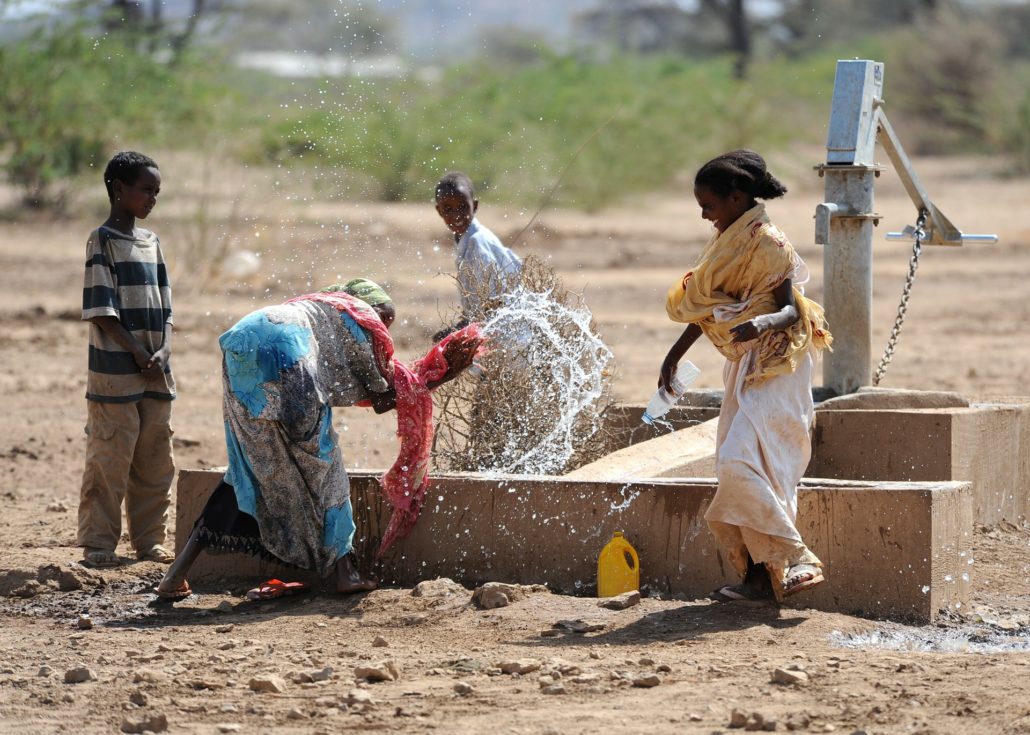
It doesn’t take much to help.
As cliché as it sounds, every little bit helps!
If you want to be a part of change through uReach read on for ways you can do so.
Find the Right Charitable Organization
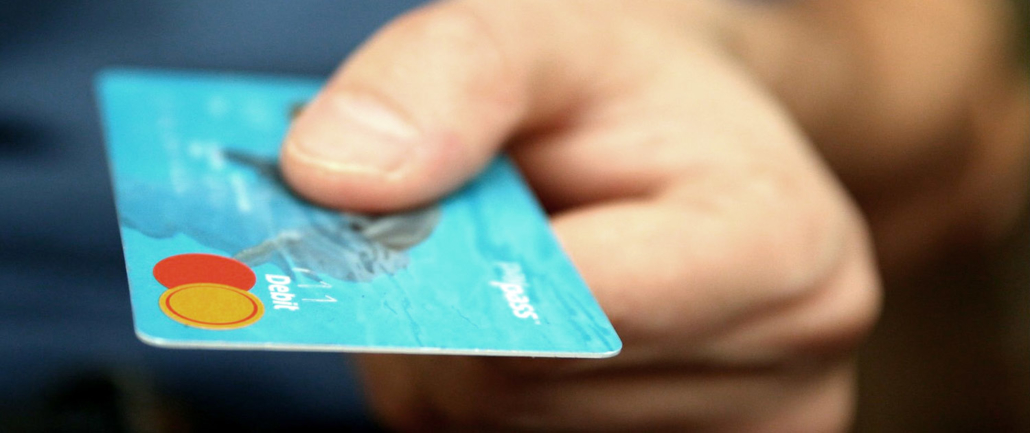
Start by finding the right charitable organization to donate your money to.
This is the most important thing to think about before doing anything. It should match with your own values, and what you’re passionate about.
One of the first things you should do is make sure the organization you have chosen is qualified, you can do so by checking out the IRS publication 78.
Reach out to the organization, they should be able to tell you, but you can just as easily check with the IRS tool linked above.
Another great way to see what an organization does is by checking out their activity on social media.
Here are links to the uReach socials, see what we are up to! (Instagram, Facebook, YouTube)
When on your search for a suitable organization, you can try to go for charities that are normally engaged in activities that that actually help people. They should also have a great rating with Guidestar.com
For example, here is a link to StudentReach’s Guidestar profile.
Two other great water charities are Charity Water and World Vision.
Both are great NGO’s that are providing safe and clean water to communities through well projects.
What is unique about uReach water projects is that you can come and be a part of the project.
You can give and go.
You’re not just a donor, you can come be on the ground and be a part of the delivery or distribution team.
We think the personal touch you get with us is something you’ll appreciate!
We are an open book.
Reach out with any questions you have, regardless of what it is!
How Much Does Clean Water Cost?
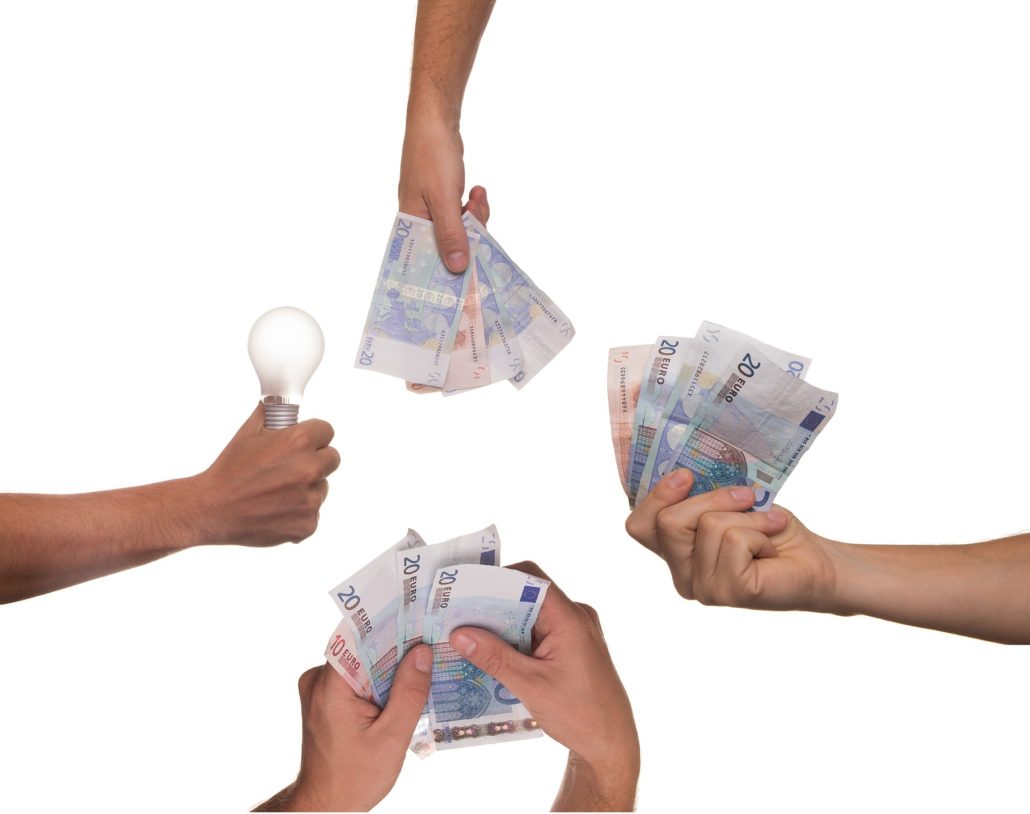
The cost does vary greatly.
Many factors play into the costs, like location, the type of project, as well as equipment.
Well drilling and well distribution costs range from $7,500- $10,000. But, that amount is pennies per day for each person who accesses the water and has their life changed.
Water delivery ranges by the number of sites that get set up, and other factors.
Contact us for more info regarding prices.
How Long Do Projects Take?
When the funding comes in, the process will take 90 days to complete, or if you come on a trip the project will be completed while you are there.
How Do I Know Where My Money Actually Goes?
Any reputable organization should be able to give you the GPS coordinated for your projects. Pictures and videos should be given to you.
Any organization that doesn’t offer this is suspect.
You will know exactly where your money goes when you give to uReach!
We will send you pics and videos of projects in construction and once completed.
You can even visit the project site on a trip
How Can I get Involved With uReach?
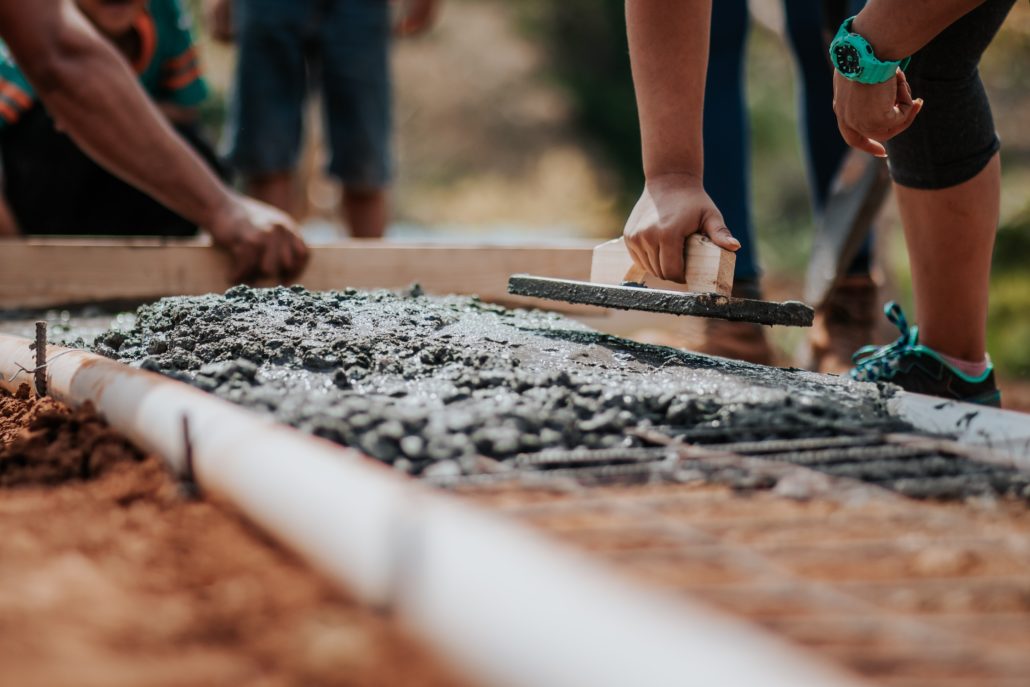
If you want to get involved with what uReach has going read on for the ways you are able to.
Donate:
We are committed to making a difference in the accessibility of water here at uReach.
When you donate to us you can guarantee your funds go to helping those in need.
What if I only want to give a $100? Then you can give $100.
Each and every dollar matters, no matter if it’s $1 or $1,000.
We need to get to $10,000 in all 3 countries, Baja, Nica, and Zambia.
You can choose which project to give to by going to this page, and when you do, you’ll see how close we are to each goal.
We will help you form other custom water fundraisers, such as selling water bottles or t- shirts, or setting up a crowdfunding page contact us or schedule a call.
Volunteer:
You can sign up to come on a uReach expedition.
In the midst of overwhelming poverty, the rich cultures and resilient people will amaze you.
The potential in every child is as unlimited as the rain forest that stretches without end.
After this trip, you will never see the world the same way again.
Contact us:
Reach out to us today for more information. We are easy to get in touch with. You can call us, text us, DM us on social media, or use the contact form at the top of our page.
Who Are We?

uReach was formed in 2000 with the goal of empowering others to make the world a better place.
We have since taken over 6,000 people to locations around the world.
We have worked with high school groups, college groups, families, church groups, doctors, dentists, lawyers, men’s groups, and more.
Our primary focus has been on health, education, housing and water projects.
We work with people living in poverty, but primarily with those living in absolute poverty.
Absolute poverty is defined by the United Nations as living on less than $1.90 per day.
It is marked by poor sanitation, health care, education, and nutrition.
If you’re looking to enhance the lives of others, reach out to our team and request a call back to take the first step in your journey to creating a better life for yourself, and the not so fortunate.
More about uReach:
We are a Non-Profit that is focused on students.
We work in:
- United States
- Baja, Mexico
- Zambia, Africa
- Nicaragua, Central America
What we do:
- Housing Projects
- Water Projects
- Volunteering abroad
- Education Projects
Taking a trip with StudentReach is way more than just traveling – it’s you being a hero to someone who desperately needs help.
We work with people living in absolute poverty.
What can you do to help? More than you think. You can be a hero.
Come on a trip with us today!
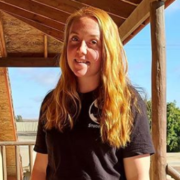
About the author: Robyn Cook
Robyn is a graduate of Michigan State University. She is writer and editor extraordinaire. Robyn is a lover of all things art and pasta. Fun fact: she is a red head and loves the snow.
